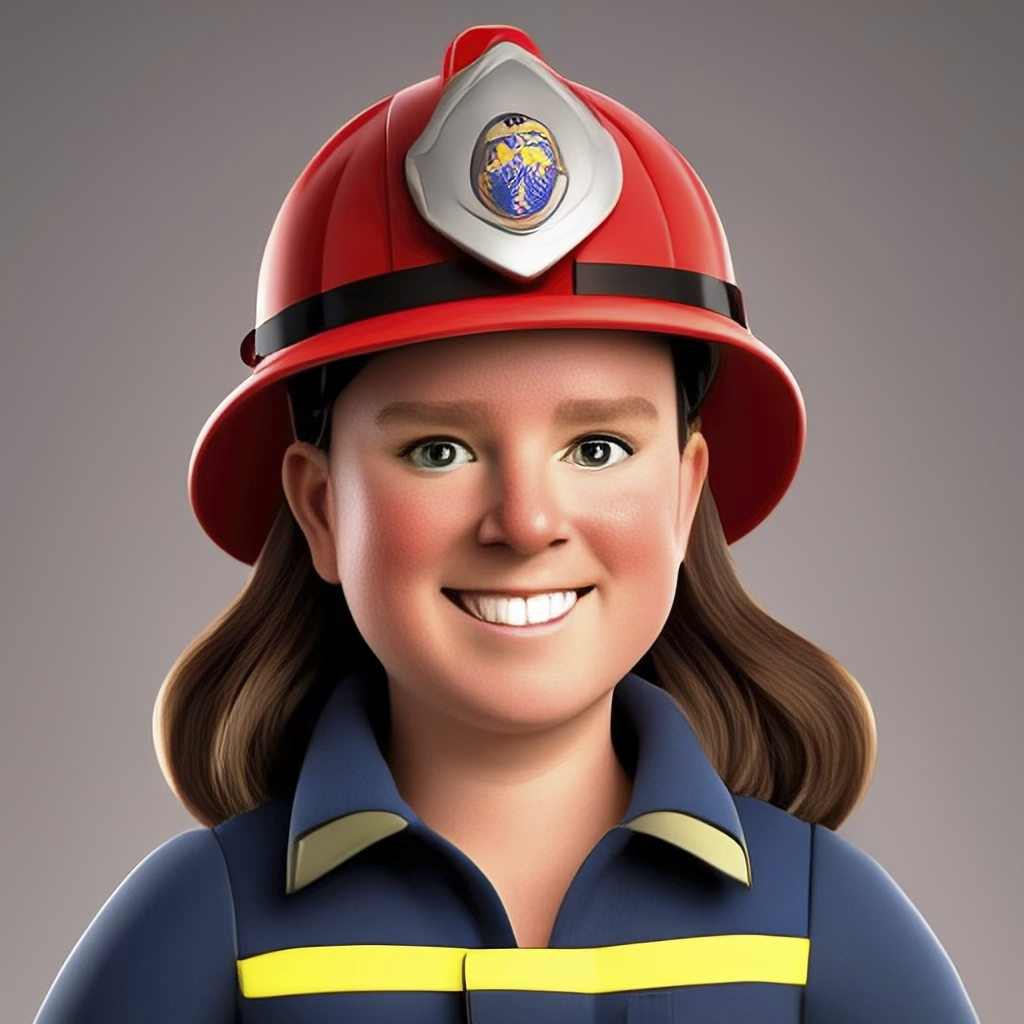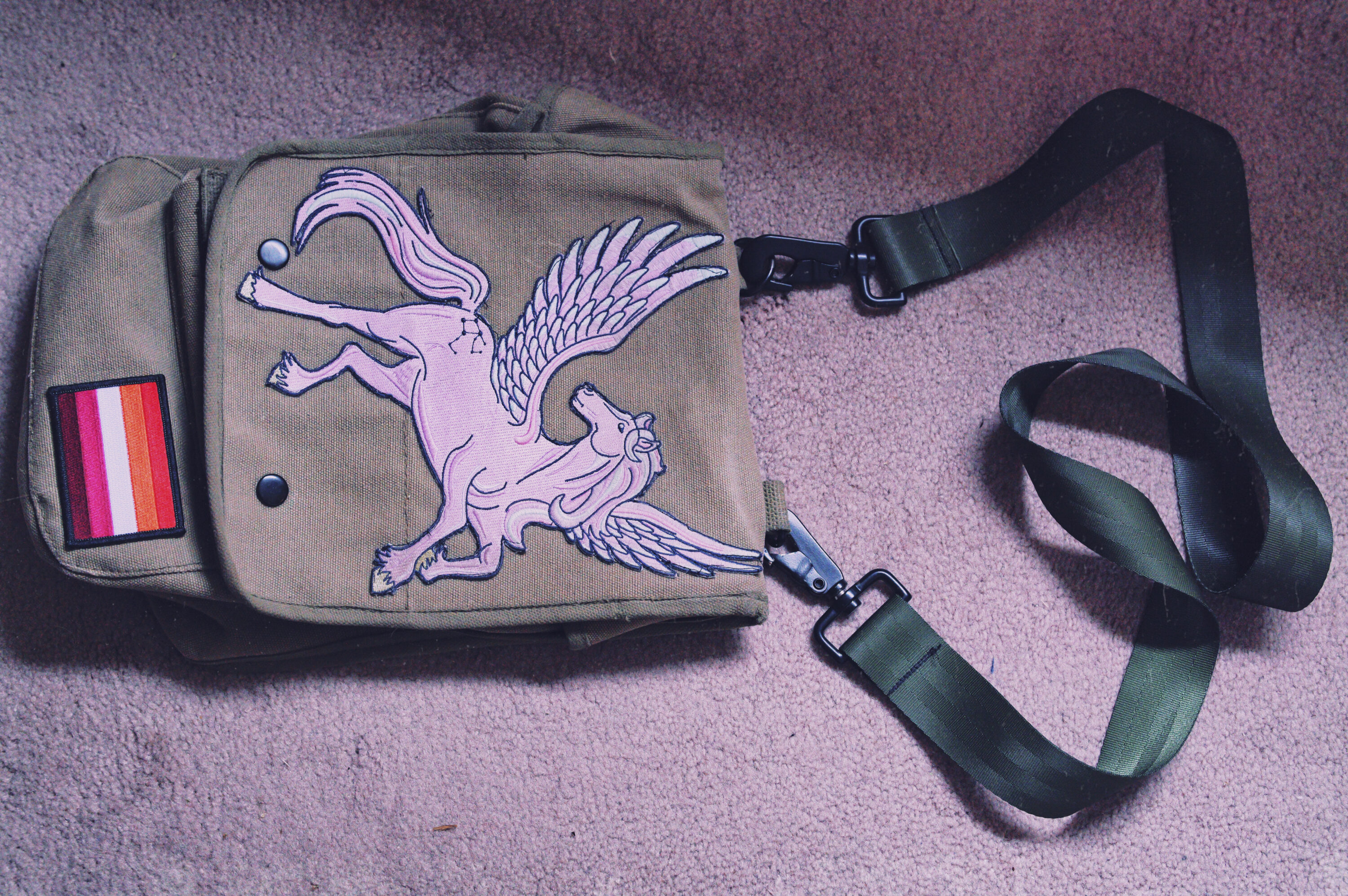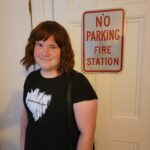This morning I woke up with that old sentence echoing in my head, the one a therapist once gave me like a cold prescription: your problem is that you’re the daughter of a broken man. I remember the way it landed, clinical and sharp, like someone had boiled my whole life down to a single sterile diagnosis. In that moment, my pain wasn’t human anymore. It was quantified, measured, and stamped into place without compassion, as if the depth of my suffering could be captured in a single phrase.
What bothers me isn’t just that she said it. It’s the way it stripped all the color and weight out of my story. Pain isn’t a condition to be charted. It doesn’t fit neatly in a DSM or a checklist. Pain lives in the cracks and fractures—it’s the way my father refused to see me, the way he twisted reality to try and shape me into something I was never meant to be, the way weekends with him felt like disappearing into a version of myself that never existed, and never would. It’s the loneliness of being raised by someone who couldn’t face their own reflection, who projected that fracture onto me.
And yet, to call me “the daughter of a broken man” isn’t entirely wrong. It’s not inaccurate—it’s just incomplete. It’s a blunt summary of a story that deserves more than shorthand. It ignores the long nights of survival, the ways I clawed back a sense of self from the ruins. It doesn’t see the resilience, the refusal to collapse, the firehouse years where I turned that damage into grit and command, the way I’ve built a life with my own hands. It misses the small miracles too—the radio humming in the background to keep me steady, the camera that taught me to see the world differently, the quiet persistence of refusing to be erased.
Maybe what still cuts isn’t the phrase itself but the absence of tenderness in the delivery. The lack of humanity. As if naming my pain clinically was the same as understanding it. I didn’t want a label; I wanted someone to witness me. To look at me and acknowledge that being raised by a broken man leaves marks that are more than just theoretical, that the damage is lived in the body, in the choices, in the rhythms of every day. That survival is more than pathology.
I think about how often people mistake definition for compassion. They think that by naming something, they’ve done the work of seeing it. But naming without empathy is empty—it just leaves you colder. I don’t know if what I’ve carried all these years is more about inheriting his brokenness, or the ache of being told that’s all I am.
Maybe both. Maybe that’s what I’m untangling this morning—the difference between truth spoken with care, and truth delivered like a scalpel. One leaves a scar. The other has the chance to heal.










Leave a Reply